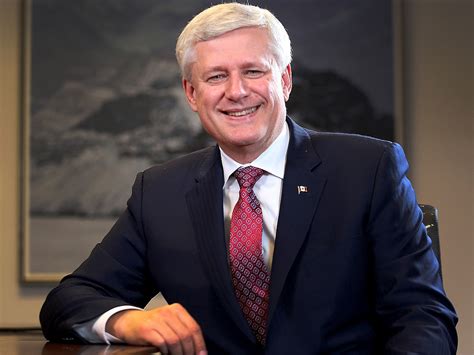A Quote by Colson Whitehead
I think each book has its own way of accommodating my concerns, whether it's about race, America, technology, the city.
Related Quotes
No matter how old I get, the race remains one of life's most rewarding experiences. My times become slower and slower, but the experience of the race is unchanged: each race a drama, each race a challenge, each race stretching me in one way or another, and each race telling me more about myself and others.
I saw one of the absolute truths of this world: each person is worrying about himself; no one is worrying about you. He or she is worrying about whether you like him, not whether he likes you. He is worrying about whether he looks prepossessing, not whether you are dressed correctly. He is worrying about whether he appears poised, not whether you are. He is worrying about whether you think well of him, not whether he thinks well of you. The way to be yourself ... is to forget yourself.
I think each book sort of finds its own theme as it goes on. 'Warded Man' was fear. 'Desert Spear' was exploration of the other. 'Daylight War' was relationships. Some of this is intentional, and some of it evolves naturally. The series as a whole is obviously something I have given a lot of thought to, but each book is its own animal as well.
For black America needs a politics whose first mission isn't the reinforcement of the idea of black America; and a discourse of race that isn't centrally concerned with preserving the idea of race and racial unanimity. We need something we don't yet have: a way of speaking about black poverty that doesn't falsify the reality of black advancement; a way of speaking about black advancement that doesn't distort the enduring realities of black poverty.
I agree that all kids of all colors love hip-hop. My point in writing the book was to raise questions about the ways the hip-hop generation and the millennium generation, both who have lived their entire lives in post-segregation America, are processing race in radically different ways than any generation of Americans. I think they have a lot to tell us as a country about ways of addressing race matters.
I think the key anecdote in the book is when Colin [Powell] and I were discussing Iraq. Colin was upstairs in the Treaty Room, in the residence. And he talks about his concerns about the use of military in Iraq. And I said I felt the same concerns, but it might be that we have to use it. In which case, he said, "I support you."







































